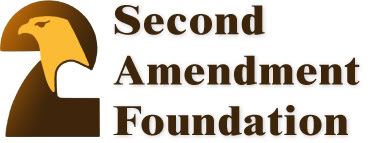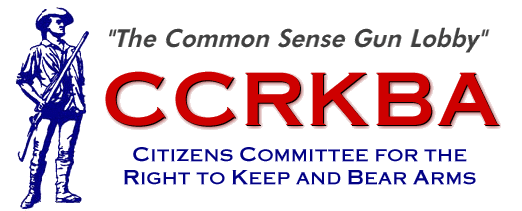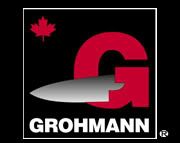The state police must be experiencing "the crud" as well because delayed backgrounds are much delayed, commonly taking more than a day instead of about 1½ hours to clear. This started last Monday and continued over this Monday. When we opened we had 7 backgrounds awaiting completion from Saturday. This takes up work space and otherwise complicates things for the dealer. One only hopes that the buyer(s) aren't unduly inconvenienced. Firearms ownership is a RIGHT not a privilege and if a background check is so darn important they should allocate the funds to do it correctly and protect the right rather than denying the right to legitimate buyers.
We did have a couple of interesting guns show up. The first was this engraved Smith and Wesson Model 36 (no dash) built in 1970 (most likely judging by the serial number with information from the Standard Catalog of Smith and Wesson) and has been engraved with some gold inlay. It appears to be "signed" on the left side near the rear bow of the trigger guard. The grips appear to be some sort of after-market fake ivory, but they are better looking than most such. I think it is a very handsome piece but then I'm only comparing it to what I know which isn't much. Some of the mistakes have been pointed out to me and now I can see them. It is still ahead of the game compared to some roll-marks which pass for decoration!
 |
| Chicago Palm Pistol |
Antique Arms and Antique Associates at West Townsend had this description of one such in their catalog...
...This variety has no engraving around the barrel or on the frame. Most examples observed are engraved…this example is quite scarce. Peter Finnegan of Austin, Illinois purchased the patent rights for the Protector Palm pistol from the Minneapolis Firearms Company in 1892 and established a new company…The Chicago Firearms Company instituting design improvements making the gun more reliable. The improved pistol is slightly larger, the safety functioned better and the sideplate was more secure; the entire gun was sturdier. He contracted with Ames Sword Company of Chicopee Falls, Massachusetts to manufacture the weapons and deliver them to him in time for the opening of the Columbian Exhibition (The Chicago World's Fair of 1892). Ames defaulted and did not deliver until after the Exhibition had closed and even then, only a small percentage of the contract was delivered. Finnegan sued Ames eventually winning cash settlement with the Ames Sword Co. becoming the owner of 13,000 Protector Palm pistols that they sold from 1894 through 1910 although the guns themselves were all made prior to 1898.























No comments:
Post a Comment